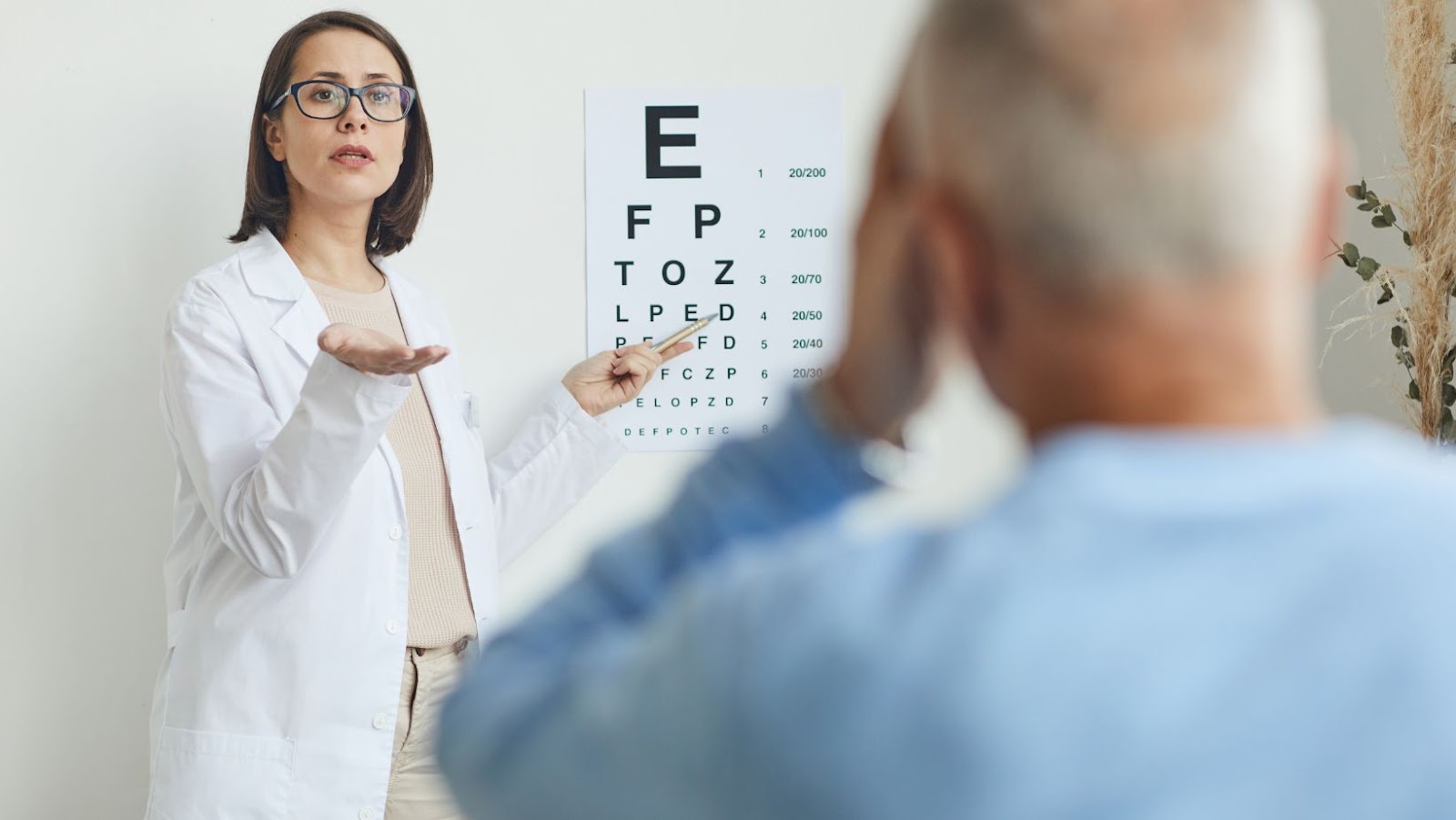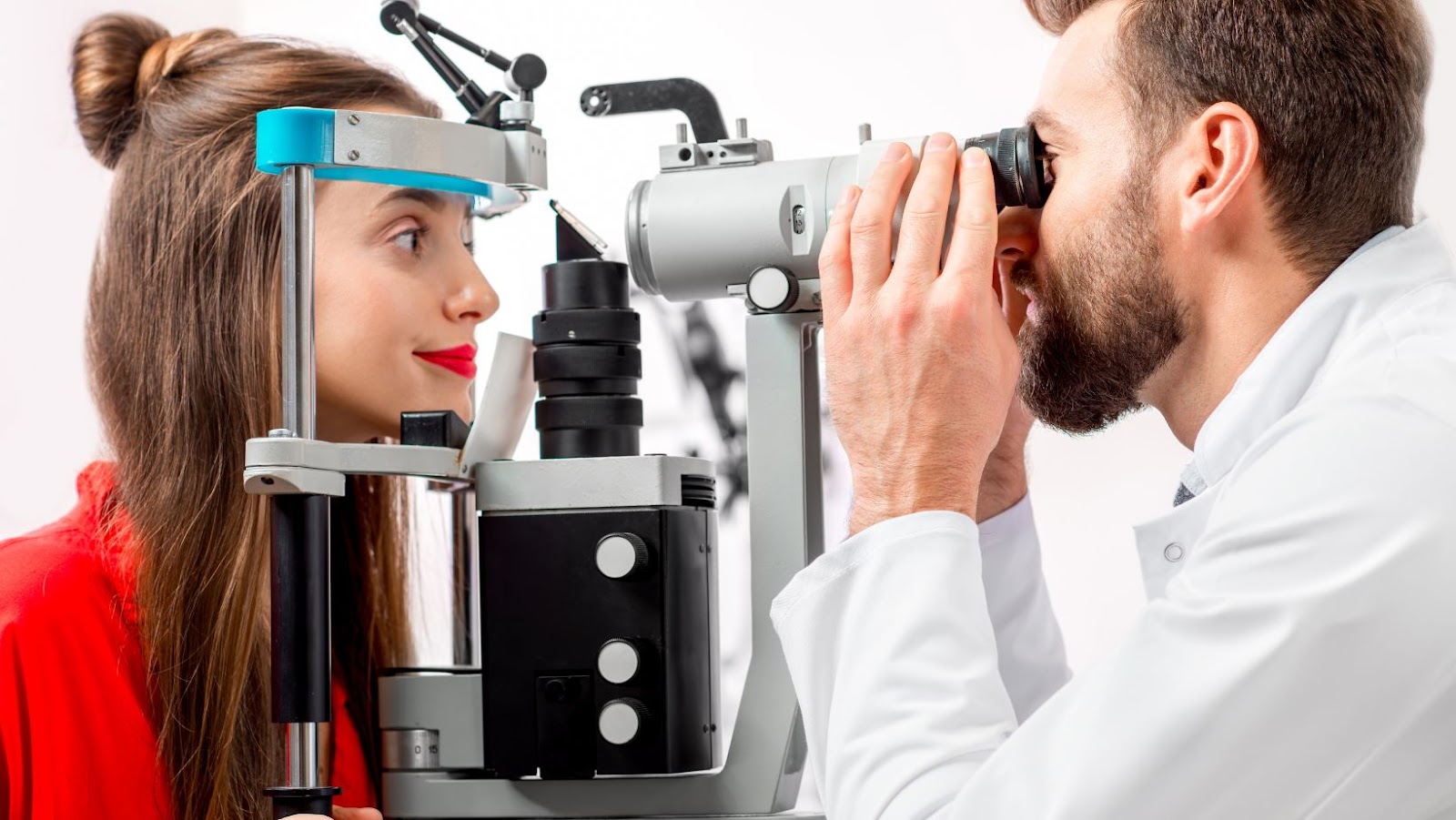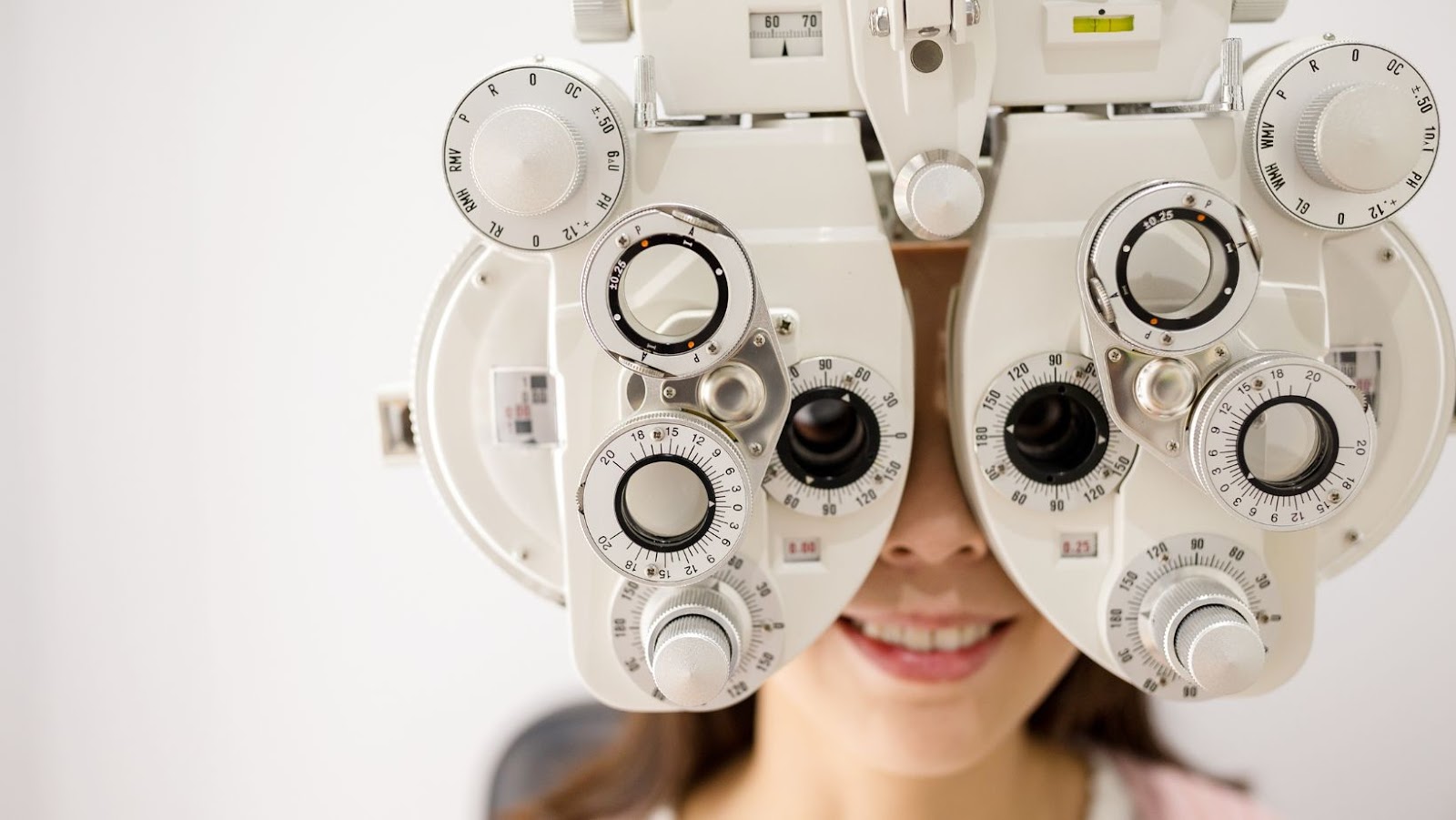Computer vision startup Zebra Medical Vision has seen great success in its acquisition by a private equity firm for a reported $200 million. Founded in 2014, the Israeli startup has become a leader in the computer vision field and has made waves in the industry due to its innovative technology and products.
Zebra Medical Vision has been making headlines lately, so let’s look at what makes it so special and why it has garnered such widespread attention.
Overview of Zebra Medical Vision
Zebra Medical Vision is an artificial intelligence-driven Medical Imaging Analytics company. Founded in 2014, it has become a leader in AI medical imaging medical analytics. The company offers an end-to-end medical imaging workflow which uses deep learning technology to assist healthcare professionals at all stages of patient care. In October 2020, Zebra Medical Vision announced the closing of its $200 million growth equity financing round, led by Insight Partners. With this investment, the company will drive rapid market traction and expand its artificial intelligence platform into more use cases and markets worldwide.
The company has developed over 60 FDA approved algorithms that have been deployed in hospitals and health systems across seven countries to date. These algorithms address time consuming and labour intensive manual tasks associated with diagnosis or pre/post treatment monitoring, freeing up radiologists’ resources for more complex tasks such as image interpretation and clinical consultation. The most important AI models include Cardiac Suite for radiology CT analysis (artery blockages), Lung Suite for early detection of Lung Cancer on CT scans, Orthopaedic Suite for orthopaedic analysis (fractures) and Musculoskeletal Suite for multi body part analysis (spine & musculoskeletal).
Zebra Medical Vision also provides an integrated workflow solution called SAFIRA connecting Healthcare providers’ EHRs – a true digital transformation tool meaning radiologists can consult prior records faster while also addressing reimbursement issues related to utilisation of AI modelling in clinical practice.
Overview of the Acquisition
On November 17, 2019, Zebra Medical Vision (Zebra) announced that it had been acquired by U.S.-based Verana Health (Verana) for a reported $200 million. The acquisition is part of Verana’s strategy to expand its healthcare technology platform and brings Zebra’s radiology image analytics solution into the fold.
Zebra is an Israeli-based company that develops and distributes deep learning algorithms to improve healthcare diagnostics. The company’s core product is an “AI-assisted” radiology system, which helps radiologists rapidly diagnose imaging anomalies in medical scans such as X-rays, CT scans, and MRIs using machine learning algorithms powered by extensive datasets.
The acquisition is significant because it marks Verana’s entry into the imaging analytics market, when the sector has become increasingly competitive since the initial formative stages of the technology in 2016. The deal also highlights Verana’s ambitions to use artificial intelligence (AI) to provide new insights from medical images and help clinicians make more evidence-based decisions faster. After acquisition, Zebra will continue to market its flagship product and collaborate with other Verana partners to develop novel applications for leveraging AI in medicine and healthcare more generally.
Computer vision startup Zebra Medical Vision sells for $200M
Computer vision startup Zebra Medical Vision announced closing a $200 Million exit deal with Royal Philips. The acquisition will help Philips extend its healthcare and medical industry leadership.
The acquisition of Zebra Medical Vision is expected to accelerate their progress in providing AI-powered insights to radiologists and medical professionals. Zebra Medical Vision’s innovative technologies, valuable health insights, and Royal Philips’ expertise in healthcare have given exciting opportunities to create new healthcare solutions.
Buyer and Seller Details
Zebra Medical Vision, an Israel-based AI medical imaging analytics specialist, has been acquired by health information technology company Philips in a deal worth $200 million.
Founded in 2014, Zebra Medical Vision develops automated algorithms to diagnose diseases from medical images. The company’s cloud-based platform uses deep learning and AI to assist healthcare professionals establish accurate diagnoses while reducing time and costs by automating routine image analysis tasks.

According to the terms of the agreement, Philips will pay $50 million upfront and additional payments up to $200 million over the next five years, subject to performance conditions. In addition, Zebra’s current shareholders will also be eligible for further payments over the next five years based on products sales targets. The acquisition is subject to regulatory approvals but is expected to close in the third quarter this year.
Philips expects the acquisition to help it become an end-to-end AI-driven healthcare image interpretation leader. The joint effort between Philips and Zebra Medical Vision is designed to advance precision imaging for better patient outcomes at lower costs for care providers worldwide.
Financial Details
Zebra Medical Vision has announced that it has been acquired by the international medical technology company Royal Philips in a deal worth $200 million. Both companies see this as a major step forward, with Royal Philips gaining access to Zebra Medical’s extensive artificial intelligence-powered portfolio of medical imaging analysis solutions. At the same time, Zebra Medical will be integrated into the Philips Global Division.
The terms of the deal allow for further potential earnouts to be paid out in the coming years based on performance criteria. This deal is estimated to grow to over $300 million should these future milestones be met.
Royal Philips will launch new collaborative projects with Zebra Medical Vision in radiology and cardiology artificial intelligence development and commercialization as part of the agreement. Integrating Zebra’s technology into Philips’ healthcare products will bring new and improved AI-driven capabilities to their radiologists, through improved workflow tools, computer-aided detection systems, decision support software and population health analytics tools. Additionally, data from millions of anonymized PACS studies across several countries could help bolster machine learning models for predictive analytics that can provide better clinical outcomes for patients globally.
Terms of the Deal
When a company decides to purchase another one, the terms of the deal are normally spelled out in a legal agreement. This agreement outlines the details related to the acquisition. It can include items such as purchase price, payment options, ownership stipulations, and any other necessary points that both parties must agree upon. The primary purpose of these terms is to ensure both parties understand their rights and responsibilities following the transaction.

The structure of the agreement will vary depending on numerous factors, including the industry and type of acquisition involved. For instance, an acquisition by a publicly traded company is likely to be more strictly regulated than a private buyout between two businesses. Therefore, it’s important for both parties to carefully analyze every term before agreeing to them to avoid any potential conflicts or legal issues.
The following are some of the most common terms viewed in an acquisition contract:
- Purchase Price specifies how much one party pays for control or ownership over another business or asset(s). Purchase prices can be paid upfront in cash, with stock options, or via instalments.
- Voting Rights: This states whether or not each party has voting rights in decisions related to financial management and operations matters following an acquisition.
- Warranties: If applicable, this term states that warranties must be met before completion of a transfer agreement – usually regarding product performance and health/safety requirements mandated by law.
- Closing Conditions: Any conditions that must be met before closing an acquisition (i.e., financing approval).
Impact of the Acquisition
The news of Zebra Medical Vision selling for $200M to Royal Philips broke the internet, but what does this acquisition mean for the healthcare industry?
This acquisition gives Royal Philips access to Zebra Medical Vision’s computer vision technology and AI-powered clinical insights. It also indicates the potential of computer vision technology in the healthcare industry.
Let’s explore the impact of the acquisition further.
Benefits to the Buyer
The recent acquisition of Israeli AI startup Zebra Medical Vision by the U.S. imaging giant Canon Medical Systems for a surprising $200 million marks a significant moment in healthcare technology. This acquisition provides several compelling benefits for the buyer, Canon Medical Systems.
First, it enhances their AI capabilities and expands their offerings with dozens of unique clinical applications developed for diagnostic screening and healthcare management. Additionally, this acquisition will improve their product roadmap with an asset set of convincing medical imaging datasets critical to enabling deep learning algorithms in medical imaging. With this data and AI technology, they can further develop automated decision support features designed to monitor patient health over long periods or detect early signs not always recognizable in other modalities.
In addition to these tangible benefits, the acquisition will add measurable recognition and brand awareness across the healthcare market needed to fuel growth and maximise shareholder value over time – all without sacrificing patient safety or reliability standards intrinsic to the medical industry. In conclusion, the purchase of Zebra Medical Vision significantly contributed to Canon Medical Systems’s core lineup and substantively improved its strategic positioning among leading providers of artificial intelligence solutions for medical purposes.
Impact on the Industry
The recent acquisition of Zebra Medical Vision for $200M has immensely impacted the global medical imaging industry. With this acquisition, Zebra Medical Vision can tap into the resources of its new parent company, Canon Inc., and expand its services worldwide.
This acquisition provides evidence that AI-based medical imaging is becoming a major force in the global healthcare sector, as evidenced by continued investment from various investors and corporations. Through the support of large companies such as Canon, smaller firms like Zebra Medical Vision will have access to a wider range of resources, allowing them to continue developing their AI-driven solutions and rapidly expanding their reach.

Additionally, the acquisition highlights how AI-driven solutions make it easier for radiologists and clinicians to interpret medical images at scale. Through Zebra Medical Vision’s technologies, large static imaging scans can be quickly analysed to identify potentially significant anomalies or diseases. This makes medical diagnosis much faster and more accurate than traditional processes, potentially saving lives and improving healthcare outcomes globally.
Ultimately, this acquisition indicates that AI in medicine is here to stay. Furthermore, it shows significant potential for further development in treatments and preventative medicine practices with focused effort from private companies and innovative start-ups like Zebra Medical Vision combined with financial investments from larger corporations like Canon Inc..
tags = Computer vision startup, Zebra Medical, sells for $200M, Nanox, Zebra Medical Vision, health care, nanox zebra vision aibased 200mwiggersventurebeat, computer vision startup, Zebra, founded in 2014 by Elad Benjamin


More Stories
Next-Gen Cyber Defense: Boosting Detection, Response, and Zero-Day Defense
Progressive Slot Machine Strategy: Key Techniques for Big Wins
The Evolution of Augmented Reality (AR) in Gaming: A New Frontier